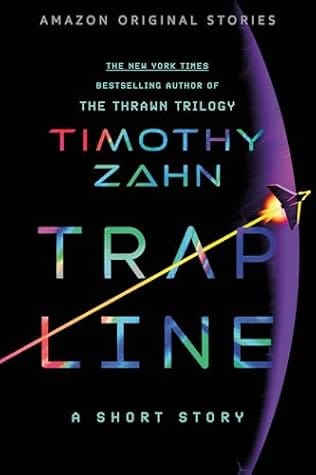The Transition to a Traditional Society
Since I have an interest in the metahistorical theories of Spengler and Toynbee, I have an expectation that modernity is close to its natural end. Not forever, just for now, because modernity is not unique, but is something that reoccurs in human history. My friend John Reilly has noted that the transition to a traditional society that occurs at the end of modernity is the triumph of the economic left and the social right.
What he means by that is the social safety net becomes more important than economic efficiency, and traditional morality becomes unquestionable again. If you want to see why this is the case from an economic point of view, you should read this post by John Michael Greer. Greer provides historical arguments bolstered by economics, or the other way round. I especially like them because Greer points to the value of public order for the proper functioning of society, and that this public good is only provided by the government.
Greer analyzes the value of the medieval guild system as a bulwark against starvation, but also as the economic engine that provided the innovations that modernity depended upon. Ensuring that the common good was served by a sufficient quantity of skilled labor was the gift of the guild system. The guild system is inefficient from a modern perspective, but it also guarantees quality and provides sufficient leisure for the most skilled technicians to be able to concentrate on new ideas.
Greer is coming at this from the point of view of a committed proponent of Peak Oil. I remain less than convinced by the Peak Oil hypothesis, which seems to be a case of mistaking the map for the territory, but I find it interesting that Greer is describing a state of affairs that has been predicted by other men long ago. The final state of society after modernity has ended seems to have an inevitability that transcends the mechanism posited to cause it.

Comments ()